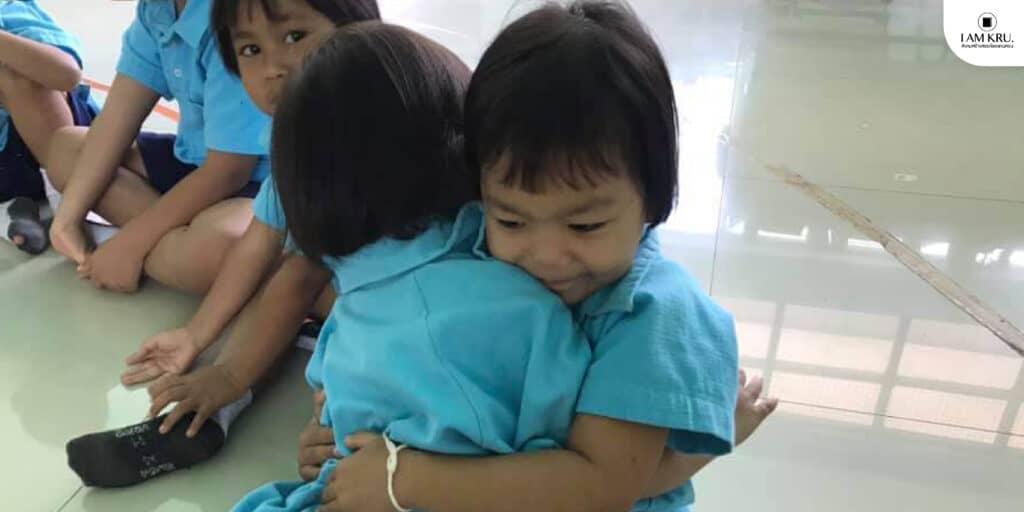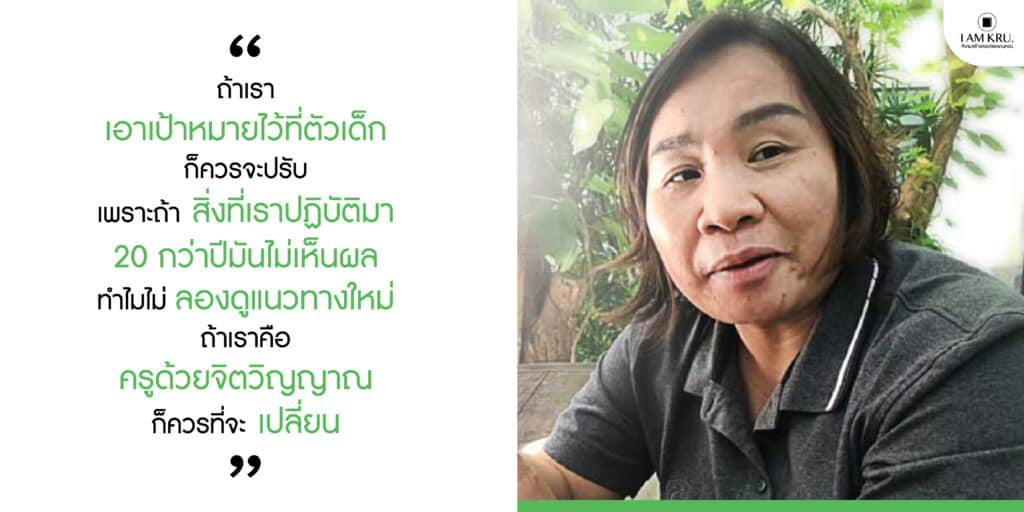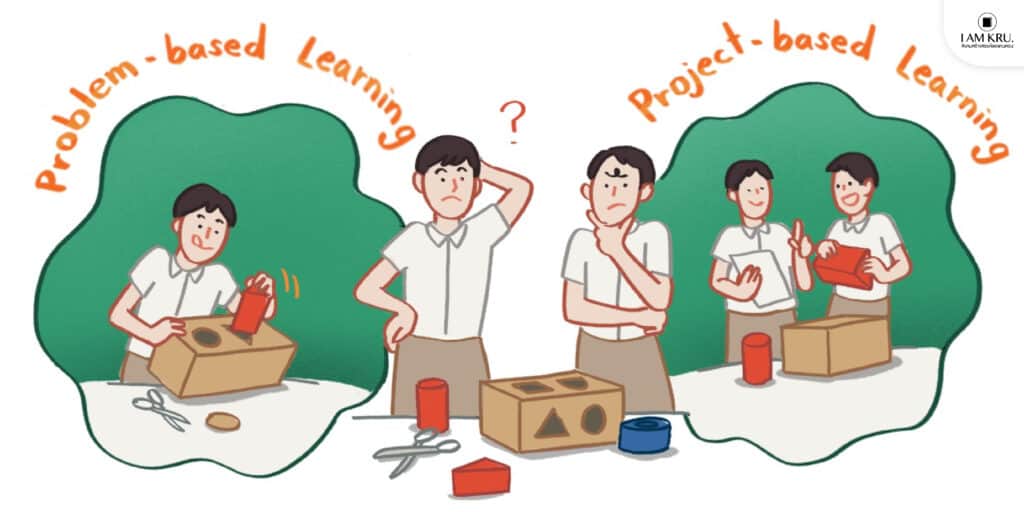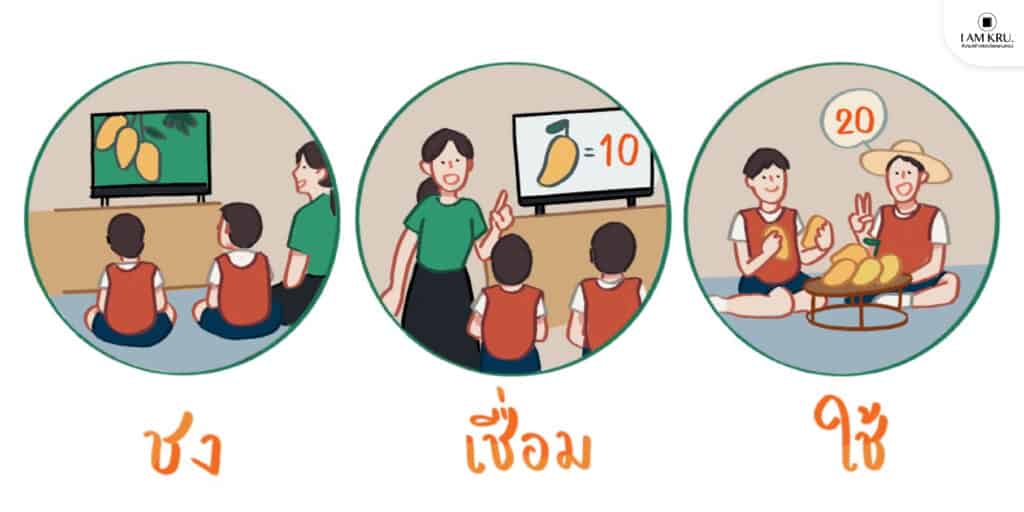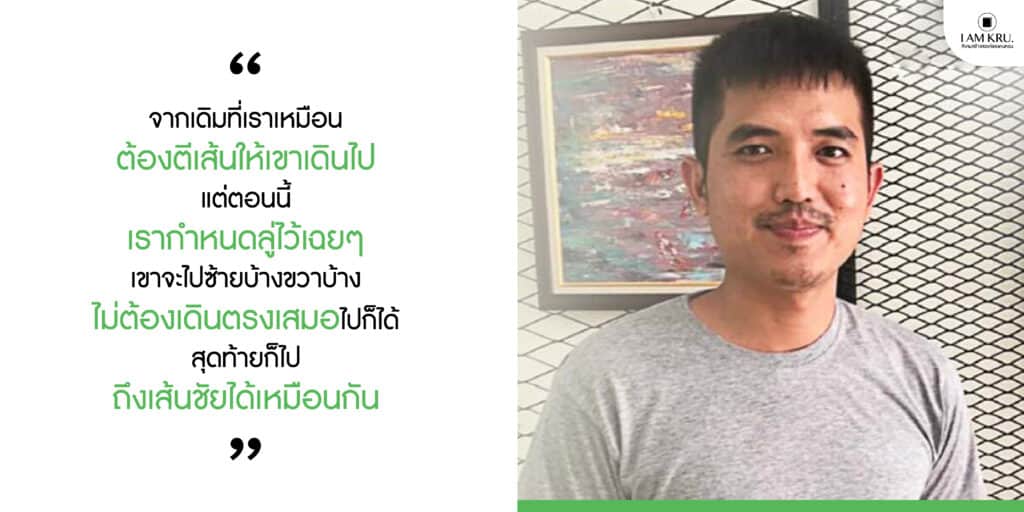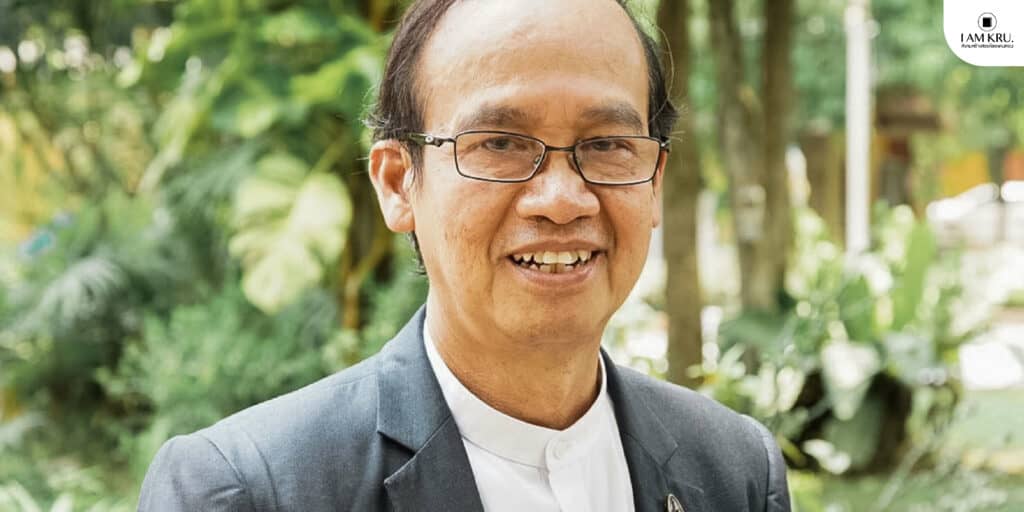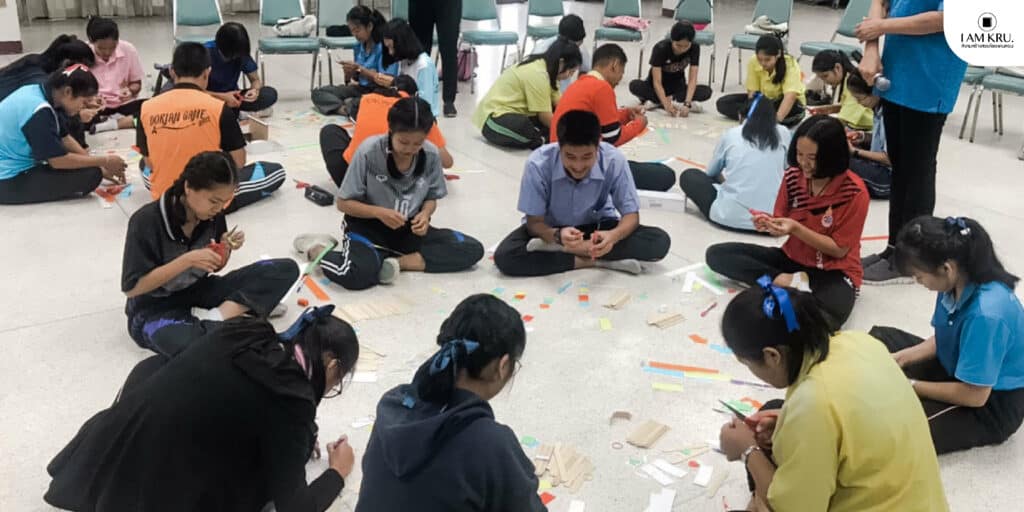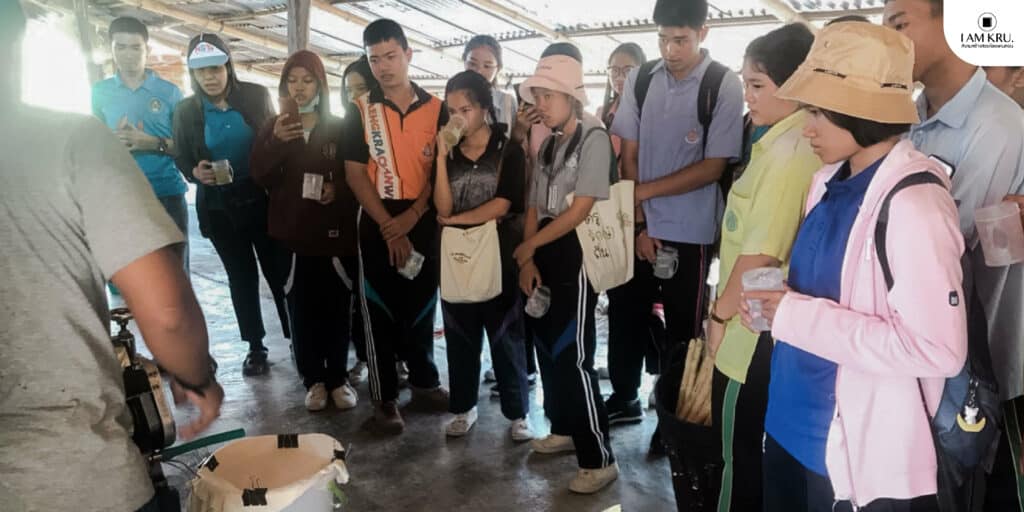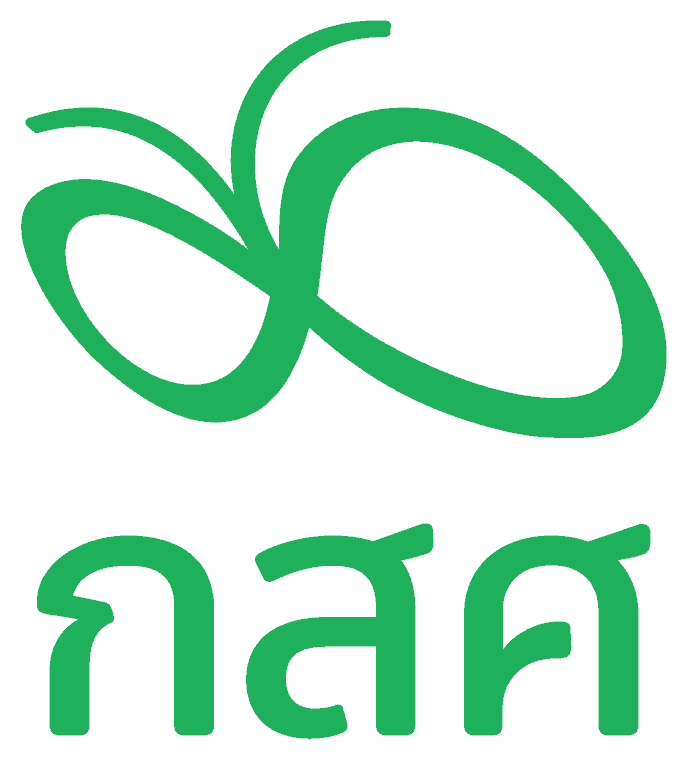“Developmental Evaluation (DE) creates a wider circle of learning among schools, making them the self-developing schools that take care of disadvantaged children and continue to uplift Thai education”
Prof. Dr. Vicharn Panich, Chairman of the Project Direction Subcommittee of Teacher and School Quality Program (TSQP).
Learning today takes a significant effort because many circumstances have affected its process. For example, in-class meetings and activities are suspended. Learning becomes abnormal compared to the original method, resulting in students’ distraction.
The question is: how to solve this problem collectively?
Teachers & School Quality Program: TSQP under the supervision of Equitable Education Fund (EEF) was established to develop every dimension of the quality of teachers and students of schools in Thailand. TSQP has recently reached its second generation and has collaborated with Siam Commercial Foundation in organizing Developmental Evaluation (DE) Workshop: The Midstream sessions at Amari Don Muang Airport Bangkok, with Prof. Dr. Vicharn Panich, Chairman of the Project Direction Subcommittee of Teacher and School Quality Program (TSQP) presiding over the opening. This workshop has the objective to comprehend the concept of DE for each teacher to develop their own students.
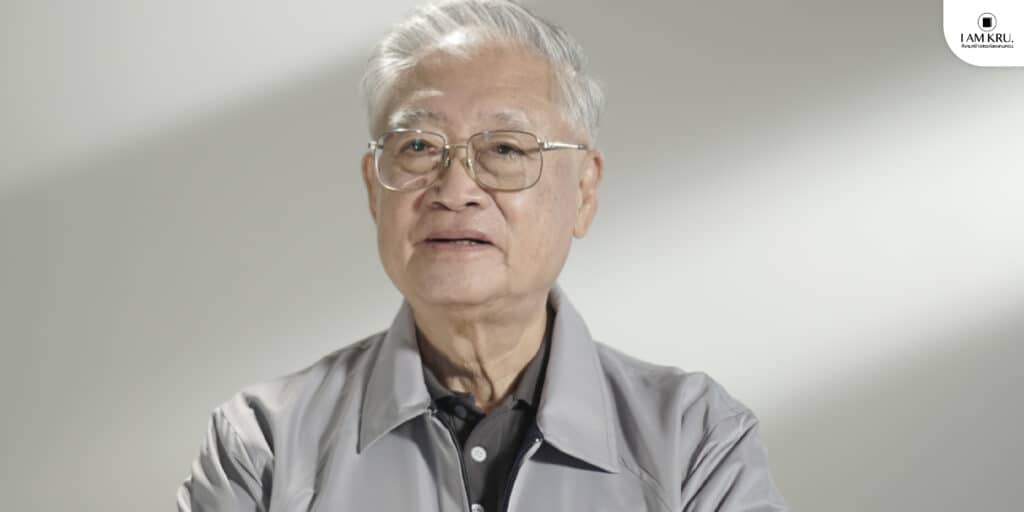
Developmental Evaluation, the turning point of learning
Prof. Dr. Vicharn mentioned the use of DE that
“To consecutively uplift the quality of schools, TSQP makes an experiment with DE among schools, hoping that it would be an ideal tool to drive changes and growth. That would be a good thing.”
Although the name Developmental Evaluation conveys the impression of a development tool dedicated to a specific assessment as it begins with the method of evaluation, this notion emphasizes the value of learning which changes Summative Evaluation, the original Thai education, into DE. Students’ records of each period of learning will be collected for analysis in order to adjust the method of learning that is suitable for them, the classroom and the TSQP’s project objectives.
The right way of learning brings the indicated standard achievement among students, not only in terms of the academics, but also students’ characteristics. DE, therefore, is a tool for sustainable development in education.
Active learning, the next step after Developmental Evaluation
The image of Thai education in the past displayed an unfavorable level of student assessment in terms of learning. This is a challenge to people who work in the education field. Notwithstanding that the statistical result shows an improvement in Thai education for more than the past 10 years as students gained better scores in academics, it still does not meet the satisfactory standard. Many schools do not have access to technology for educational development along with the persistent scarcity of teachers. Prof. Dr. Vicharn pointed his view toward the problem as follows:
“Thailand is defective for many reasons, thus rendering the situation difficult and complicated. Those problems are interconnected in a dynamic system and involve a number of associates. The country obviously needs persistent development in spite of the complexities and difficulties. Schools do not have to follow any fixed rules. Rather, they continue their own way of increasing learners’ competency, the 21st century skills. Teachers should be encouraged to align Active Learning. The administrator should make changes, support teachers and administrate to build a participating network in the area. Nevertheless, that does not mean schools are not following the rules enacted by the Ministry of Education, we have our own approach.”
Prof. Dr. Vicharn perceived that the concept by the Ministry of Education is not applicable to all schools, because of distinctive conditions. DE solves the problems students of different schools face ideally and directly which is suitable for Thai education. Implementing the same policy to every school is no use when the cause of the problem is different. In order to develop, Prof. Dr. Vicharn also viewed that Active Learning should be the method because it will create essential skills to complete students such as communication skills and analytical skills, for instance. Students will grow into learners who can generate new things by themselves without waiting for teachers’ guidance in the classroom and memorizing lessons for examinations as they used to.
‘New Normal’ learning
Prof. Dr. Vicharn commented that DE is an important innovation in Thai education, because the tool will lead to communal modification of imperfections. By which, DE will build “New Normal” among every school under the TSQP. The New Normal embraces “self-assessment and self-improvement” for students to learn and adjust to the contemporary situations. Furthermore, it is a cycle of inspection and evaluation of the quality of teaching and learning methods, whether short term or long term, it depends on how schools will apply the tool.
The proper type of assessment, to Prof. Dr. Vicharn, is the assessment that its result can be proceeded, unlike a general judgment with no further plan, and every related entity will have to take actions. To be exact, apart from teachers, other sectors must participate to drive changes if better ways are found after training. More importantly, one must set goals and those who are associated must become clear about the purposes. The assessment also needs a set of information to interpret the data collected from activities conducted. Amongst the various interpretations, one must listen to each other, accept the differences of ideas, and together find the best solutions.
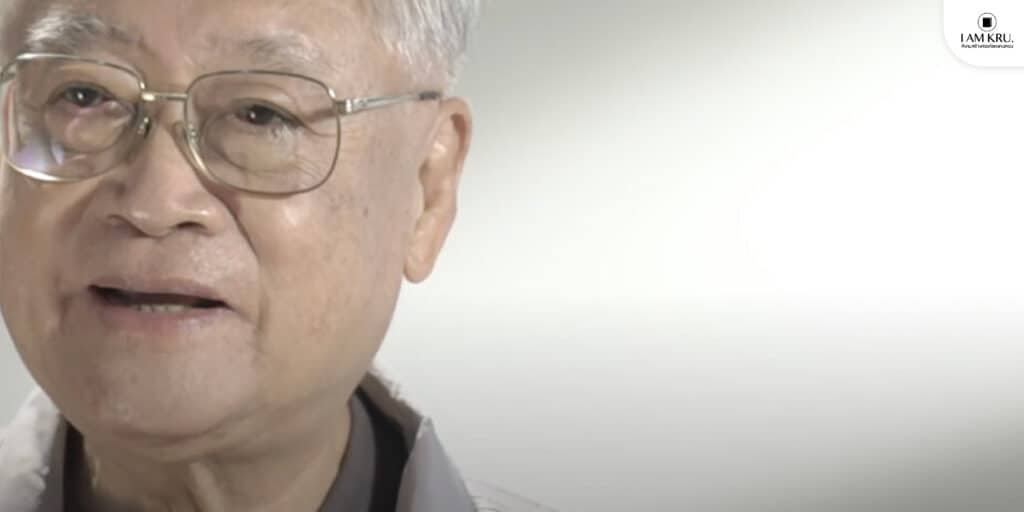
The next step of Developmental Evaluation
Prof. Dr. Vicharn added toward the future and possibility of the DE that
“The most terrifying thing is that the associated entities often take turns in making it practical, which causes inconsistency. They must be serious and possess common goals that are explicit. With that, the goals will be achieved. In terms of data collection, every related sector must not conceal the information. Accurate and obvious information must be provided with the immense aim for students to achieve the goals by simultaneously practicing and learning. I therefore wish to see the impact of Development Evaluation on schools that have initially implemented the idea whether it stimulates learning or not. Developmental Evaluation creates a wider circle of learning among schools, making them the self-developing schools that take care of disadvantaged children and continue to uplift Thai education.”
The rapid change in schools resulting from DE is the expectation of the leaders and members of the TSQP. The crucial thing after the training is to spread DE to other teachers, parents and children as well as those who are developing schools to get to know this device, because this tool is applicable to students at home, in the community or even at their play times as for them to constantly develop themselves in every aspect, not just the academics.
2,445
Writer

- เอื้อการย์ โรจนจิรไพศาล (มะแม้ว)
- นักเขียนผู้หลงรักการผจญภัยในเมือง ปรัชญาในชีวิตจริง และการไป Cafe Hopping ทั่วทุกมุมเมือง
